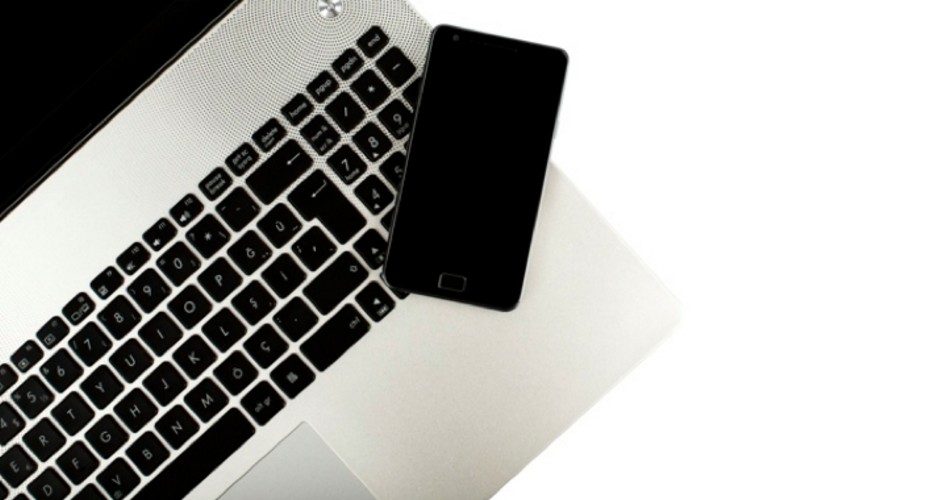
The federal government is remotely activating the microphones and cameras in Android smartphones and Windows laptops, according to a report published by the Wall Street Journal.
Citing a “former US official,” the Journal says court documents reveal that that the FBI is using a variety of “hacking” tools to ramp up the scope of the surveillance of millions of Americans, keeping many unwittingly under the watchful eye of Washington.
When contacted by The New American, a media spokesperson for Google had no comment.
One of the Journal’s anonymous sources described a part of the FBI called the “Remote Operations Unit.” Agents in this specialized unit prefer, if possible, to install the remote control software by uploading to the target’s computer using a USB flash drive. When the g-men-come-hackers can’t get access to the target’s computer, they install the surveillance software over the Internet “using a document or link that loads software when the person clicks or views it.”
Readers should understand that it is not only possible for the federal government to listen to your conversations using the microphone in your Android smartphone and watch you while you sit in your own home on your own computer, but they do so regularly and can do so very easily.
Purportedly, the FBI has been using these methods of surveillance “for over a decade,” but their use has come to light only recently by way of “court documents and interviews” with people familiar with the programs.
The Journal relates one such document that shed light on the computer and cellphone hacking methods used by the federal government:
Earlier this year, a federal warrant application in a Texas identity-theft case sought to use software to extract files and covertly take photos using a computer’s camera, according to court documents. The judge denied the application, saying, among other things, that he wanted more information on how data collected from the computer would be minimized to remove information on innocent people.
This frightening remote control of computers and cellphones by federal agents is nothing new, however.
Just over a year ago, the Ninth Circuit of Appeals ruled federal snoops may use a cellphone as a microphone and record the conversations overheard even when the phone itself is not being used otherwise.
This baffling bit of judicial lawmaking came as part of the decision in the case of the United States v. Oliva, 2012 WL 2948542 (9th Cir. July 20, 2012).
For a bit of background, Oliva was convicted by a jury of drug-related crimes involving the distribution of methamphetamine, cocaine, and marijuana. He appealed a decision by a district court denying his motion to suppress evidence obtained from a series of electronic surveillance orders authorizing interception of communications over cellular phones associated with him and his alleged co-conspirators.
Oliva argued that the orders authorizing these wiretaps were not standard intercept orders and did not meet the “specificity” requirement of the applicable federal law.
In its decision, the Ninth Circuit has upheld the lower court’s ruling, essentially allowing the federal government to convert cellphones into “roving bugs” so long as the government makes it clear that it will be using the target’s cellphone in that manner. Notice, the Ninth Circuit — a court created under the authority granted to Congress in Article III of the Constitution — did not throw out the matter as a violation of the defendant’s Fourth Amendment right against “unreasonable searches and seizures.” Instead, it simply informed the government that it needs to get permission before doing so.
There are, of course, far-reaching implications of such a decision. As we reported last summer, a person will not know, and perhaps will never know, if he has been the target of surveillance on the part of the domestic spying apparatus. Assuming, as many a savvy American would, that the federal government is liable to eventually want to monitor and record your personal electronic communication, is there not an expectation that when the cellphone is off the surveillance is suspended?
Not anymore. In the wake of the Ninth Circuit’s ruling in Oliva and in light of the testimony of the insiders interviewed by the Wall Street Journal, “roving bugs” have apparently become a potent weapon in the already impressive arsenal of the branches of the surveillance state.
Some of the dictum in the Oliva decision is almost as disturbing as the ruling itself. For example, in one part of its discussion of the various technological tools available to federal agents, the court describes how one such advance allows the agents to remotely upload software into a target’s cellphone that converts it into the “roving bug” mentioned above. Again, this sort of power is undoubtedly only the tip of the surveillance iceberg.
A person’s expectation of privacy when sitting at home talking to a friend is ridiculous in the face of the judicially upheld fact that government snoops may now use powerful surveillance technology to use your idle mobile phone as a very active mobile microphone or to use a laptop’s built-in camera to take pictures of any American at any time for any reason.
Now that it is indisputable that the courts, Congress, and the president have formed an unholy alliance bent on obliterating the Constitution and establishing a country where every citizen is a suspect and is perpetually under the never-blinking eye of the government, it would be well to remember the words written by Alexander Hamilton in The Federalist, No. 33. In that letter, Hamilton explained that acts of the federal government exceeding its constitutional powers and violating the inherent rights of the people are not law, but are “merely acts of usurpation, and will deserve to be treated as such.”
Joe A. Wolverton, II, J.D. is a correspondent for The New American and travels frequently nationwide speaking on topics of nullification, the NDAA, and the surveillance state. He can be reached at [email protected].


